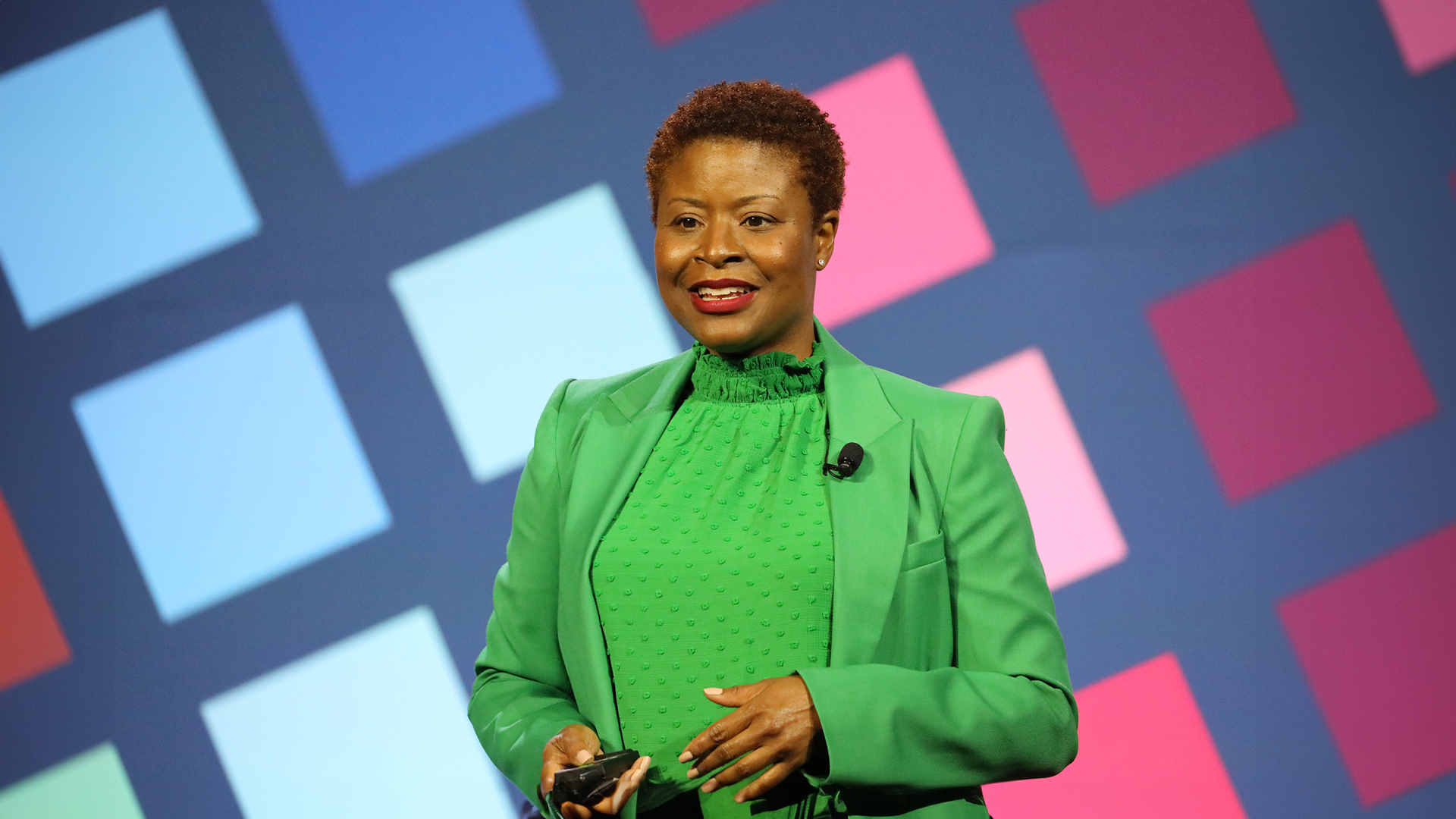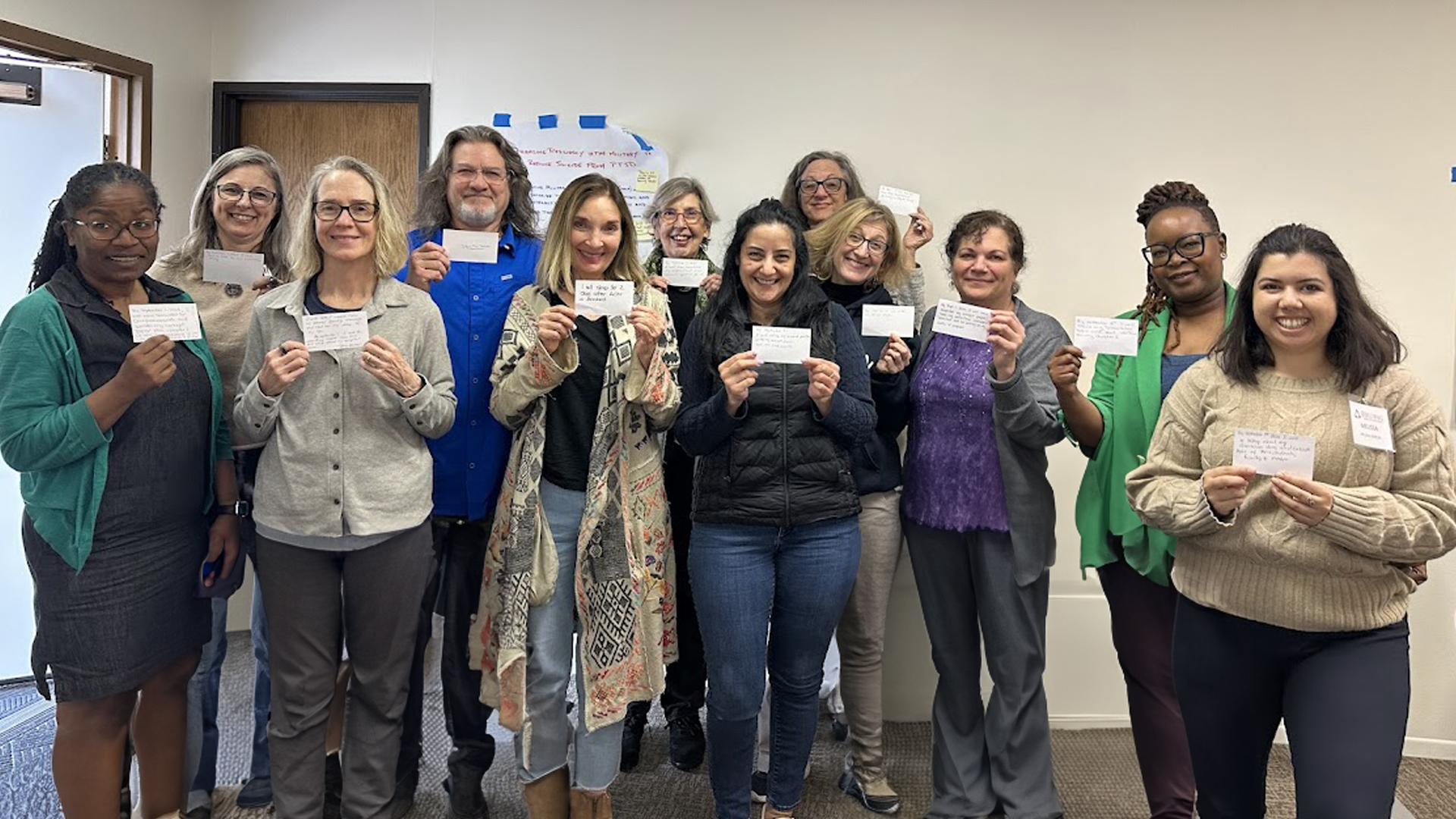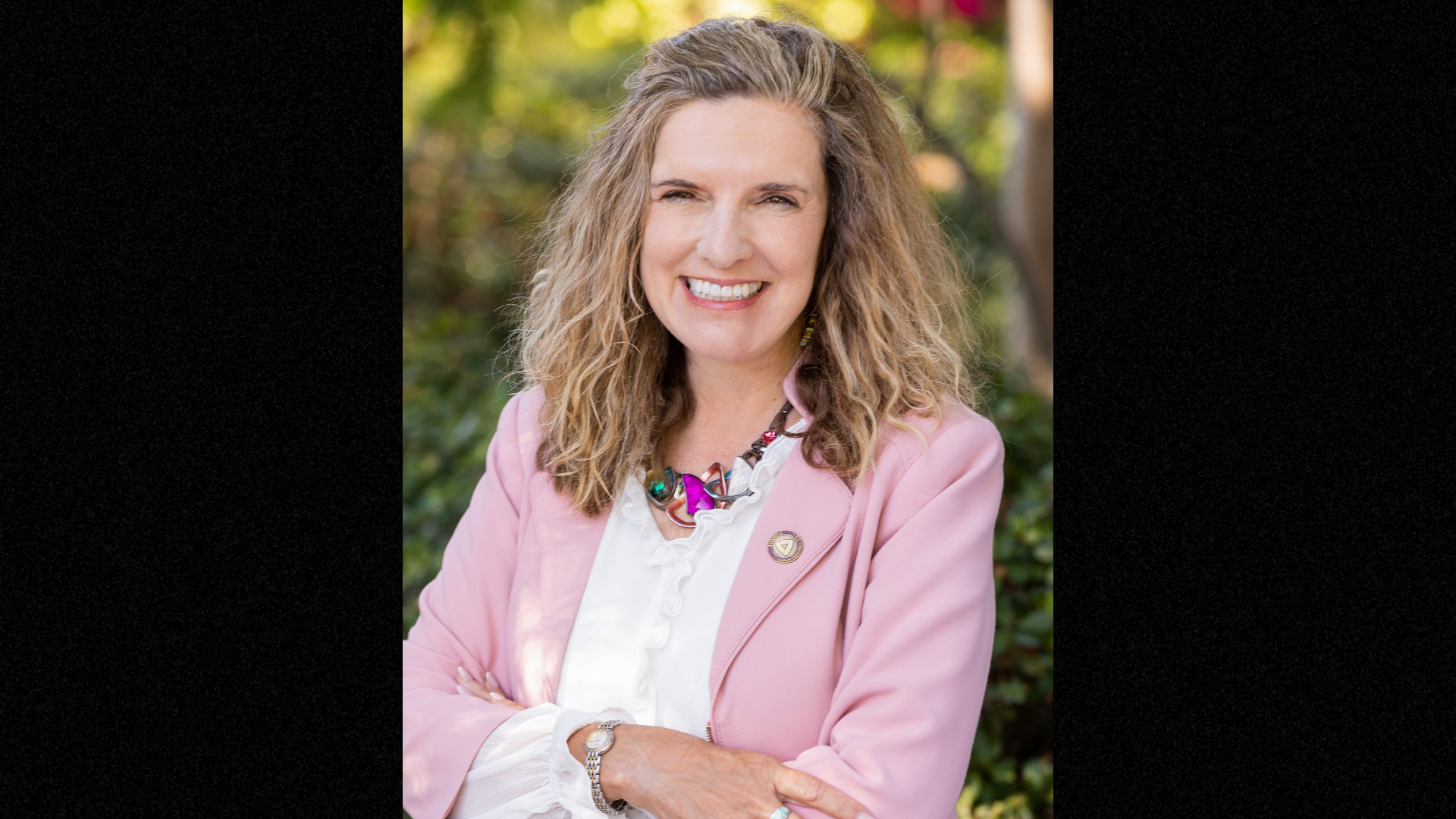Dear Fielding Graduate University community, welcome to the month of September and the beginning of the school year for many across the world. September also is National Hispanic Heritage Month, beginning on September 15 and lasting through October 15, celebrating and acknowledging the contributions, achievements, and oftentimes untold history of Hispanic/Latinx peoples that hail from the Caribbean, Central, North, and South America. The day of September 15 was specifically chosen because of its direct connection to the liberation movements that resulted in the independence of Costa Rica, El Salvador, Guatemala, Honduras, and Nicaragua, with Mexico and Chile celebrating their independence the following two days. The spirit of these emancipatory historical moments are captured in the powerful murals of “los tres grandes” (the three great ones) Diego Rivera, José Clemente Orozsco, and David Alfaro Siqueiros. Although focused on Mexico after the great revolution, the murals themselves speak to the Indigenous roots of the Hispanic/Latinx community. They document the colonial (im)positions and later social transformations that continue to inform social activism today.
With their courageous, brilliant, and articulate voices on freedom and liberation, the Hispanic/Latinx community has provided the world with messages of motivation, inspiration, and hope in building a better world. As we reflect on this month, let us decenter North America and contextualize the United States as part of a much larger, older, broader, and richer story that crosses real landscapes and imagined borders. We cannot deny that the entirety of the Americas are bound together institutionally, historically, and culturally, consisting of 18 million Indigenous peoples in South America alone (not counting North and Central America), approximately six million Afro-Latinos alone in the United States, as well as Asian peoples primarily from China, the Philippines, and India. As such, we must acknowledge that all of us are living in a state of mestizaje that is represented in the rich tapestry of African, Asian, European, and Indigenous contributions to this hemisphere. We are all part of the borderlands, intimately tied together by blood, land, history.
Contributions to the academy include many amazing activists, theorists, scholars, artists, and dreamers. Individuals such as social activist Dolores Huerta, and transgender activist Sylvia Rivera, as well as Indigenous Ecuadorian scholar- activist, politician and lawyer Nina Pacari. Contributions to the arts include the stylized classical works of Brazilian artist Heitor Villa-Lobos, followed by the beautiful and powerful poetry of individuals like Rubén Darío (Nicaragua), Gloria Anzaldúa, Eduardo Galeano (Uruguay), and Nobel prize winner Pablo Neruda (Chilean). Critical theorists and scholars such as Cherrie Moraga, Cristina Mora, and Manuel Zapata Olivella (Colombia) organized the first Pan-Africanist conference in Latin America, drawing attention to the history and lived experience of Afro-Latinos. These and many more contributions have brought about social change across the globe and inspired generations of freedom thinkers.
Join in celebrating this month by participating in some of the following online events:
Upcoming events:
Understanding Sylvia Rivera: Tuesday, September 13, 2022 5-6PM EDT
Pathways to Digital Skills Development for Latino Workers: September 22, 2022 1:00PM EDT
Current students, faculty, and staff can also access resources recommended by Librarian Lulu Coffey in the Dr. Dianne Kipnes Library: https://fieldinglibrary.wordpress.com/
In Spirit,
Allison Davis-White Eyes, Ph.D.
V.P. of Diversity, Equity, and Inclusion
Join Over 7,500 Fielding Alumni Located Around The World!
Change the world. Start with yours.™






Get Social